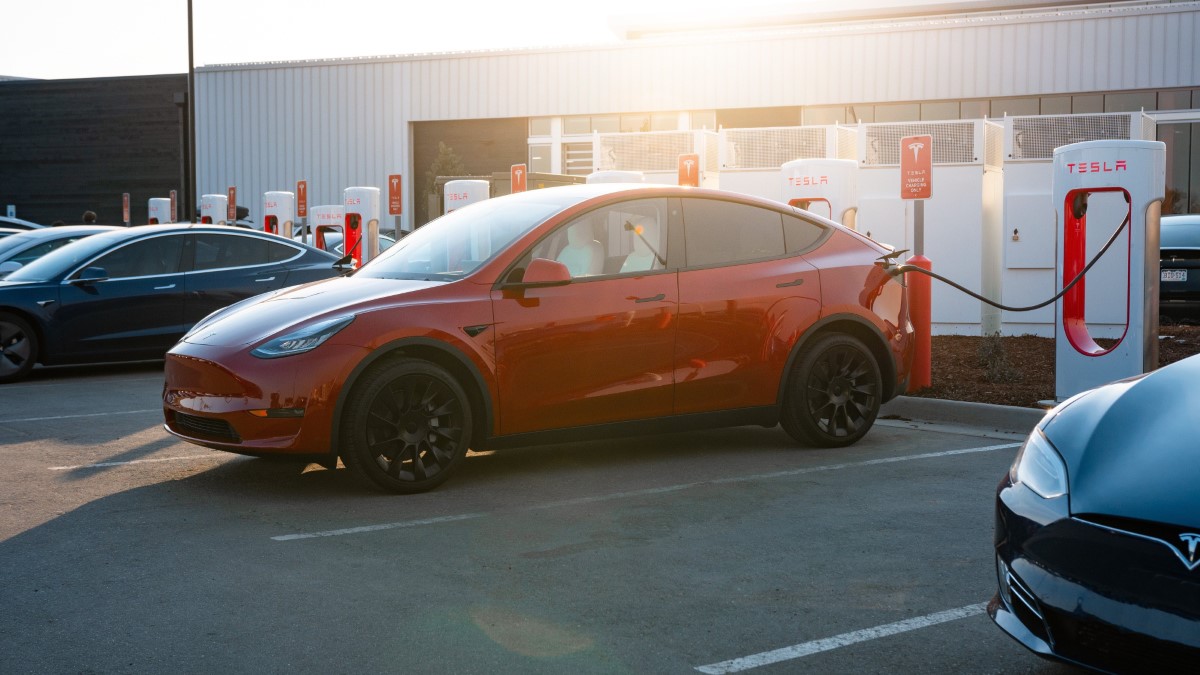UNITED STATES: Panasonic, the long-standing EV battery supplier to Tesla, has rescheduled the mass production of the highly anticipated 4680-type cylindrical battery cells.
The delay improves the cells’ performance, enhancing their competitiveness in the market.
This news is a setback for Tesla, which is considered the primary customer for these advanced battery cells.
Initially, Panasonic launched pilot production of the 4680 cells in May 2022, with plans to commence series production at its Wakayama Factory in western Japan in the 2024 fiscal year.
However, the latest update reveals that mass production will begin in the first half of the 2025 fiscal year, specifically in September 2024.
This delay poses a significant waiting period for Tesla, as the 4680 cells are crucial for the company’s future electric vehicle (EV) offerings.
Panasonic had already shipped prototype cells to Tesla in May 2022, but the cells still needed to be ready for large-scale production.
The company must focus on improving the cells or their manufacturing technology to meet the demand for volume production.
As Tesla’s leading battery supplier, Panasonic has produced various cylindrical cell types, including the 1865-, 2170-, and now the anticipated 4680-type.
Currently, Panasonic operates two major production bases, with an additional plant under construction. The company produces approximately 11–12 GWh/year of 1865-type cells in Japan.
At Tesla’s Gigafactory 1 in Nevada, the production capacity reaches 38–39 GWh/year for the 2170-type cells.
The new plant under construction in Kansas will have a capacity of 30 GWh/year for the 2170-type cells.
Consequently, Panasonic’s latest report suggests that the company can only supply up to 51 GWh of cylindrical battery cells per year, which falls short of the growing demand in 2023.
This delay also leaves Tesla to rely on its in-house production capabilities for the 4680-type batteries.
With the Kato Road pilot battery facility in Fremont, California, currently undergoing expansion, Tesla has achieved a production rate of close to 1 million cells per week as of December 2022, equivalent to over 1,000 cars each week. The production rate at Tesla Giga in Texas remains unknown.
While there is a possibility that other manufacturers like LG Energy Solution may contribute additional volumes of giant cylindrical cells, they are still in the process of completing their development and constructing new plants.
As such, Tesla finds itself in a challenging situation as it strives to meet its ambitious plans for the future, relying heavily on the successful production of the 4680 battery cells.
The delay in mass production of the 4680-type cylindrical battery cells by Panasonic impacts Tesla’s plans and highlights the competitive landscape in the EV battery industry.
With other manufacturers like CATL, LG Energy Solution, and BYD making significant investments and advancements, Panasonic’s delay and Tesla’s independent production efforts underscore the complexities of achieving large-scale battery cell production to meet the growing global demand for electric vehicles.
Also Read: CES 2023: Top 5 Head-turning Gadgets and Next-gen Devices



